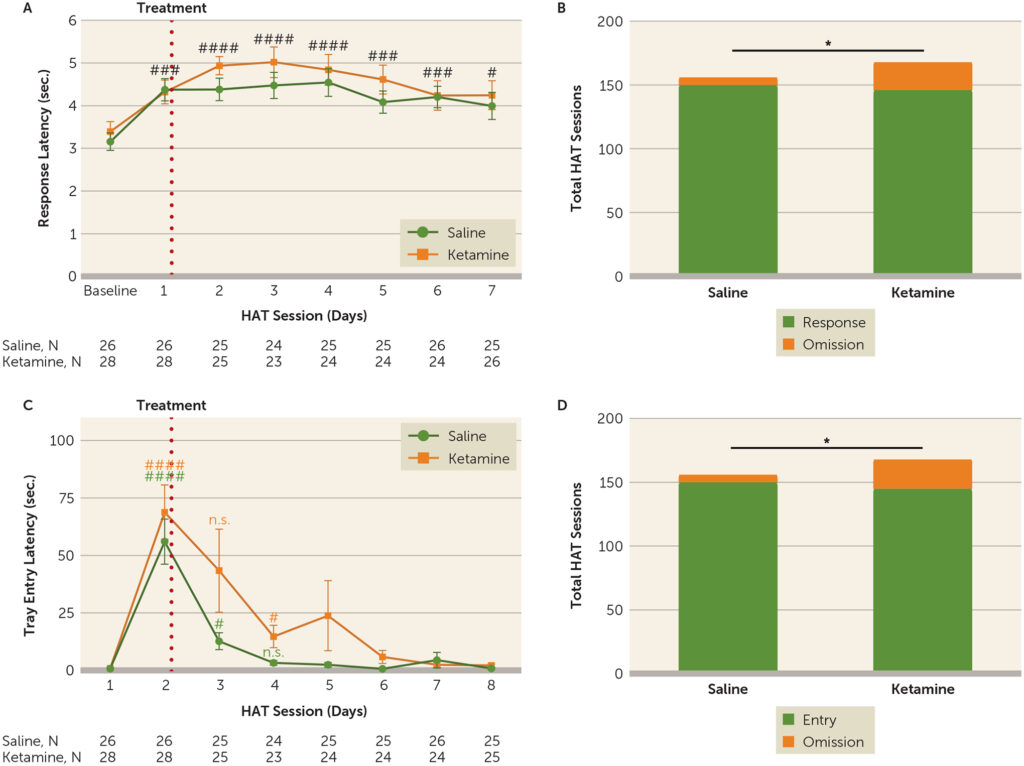Ketamine as Entactogen
An entactogen, also called an empathogen) is a substance that increases empathy and the ability to understand and share the feelings of another. Empathy forms the foundation for creating and maintaining meaningful relationships, supporting social interconnectedness, and enhancing the biological fitness of the group over the individual.
The term “entactogen” itself, coined in 1986 by David E. Nichols and colleagues, reflects this function combining”en” (Greek for “within”), “tactus” (Latin for “touch”), and “gen” (Greek for “produce”), signifying “producing a touch within.” This name emphasizes the substances’ ability to foster introspection and emotional connection while avoiding recreational connotations sometimes associated with the alternative term “empathogen.”
To date, no FDA-approved drug specifically designed to enhance empathy exists; however, MDMA (commonly known as Ecstasy) stands out in the psychedelic healing community for its ability to foster emotional openness and empathy, especially in therapeutic settings.
The Current Status of MDMA in Therapy
In August 2024, an FDA panel reviewed evidence from Phase III trials conducted by Lykos Therapeutics for MDMA-assisted psychotherapy targeting moderate to severe Post-traumatic stress disorder (PTSD). Despite promising findings, the panel cited concerns that led to a unanimous vote against approval. This decision is significant, considering the 13 million Americans who have PTSD who could potentially benefit from such treatment. Advocates continue to hope for MDMA’s eventual legalization for therapeutic use.
Ketamine: A Surprising Candidate for Enhancing Empathy
Ketamine, classified as a dissociative psychedelic, is primarily recognized for inducing out-of-body experiences, but emerging research sheds light on its potential role as an entactogen, enhancing empathy under certain conditions. Ketamine enhances emotional empathy, empowering individuals to share and resonate with others’ feelings more deeply, especially those battling depression. It achieves this through its direct action on the glutamate system, a critical pathway for emotional processing, leading to profound shifts in how emotions are understood and expressed. Research demonstrates that ketamine may normalize impaired empathy in depressed individuals, potentially contributing to its therapeutic benefits.
In comparison, other psychedelics like psilocybin and MDMA enhance both emotional and cognitive empathy by acting on serotonin pathways. While MDMA is more prominently associated with entactogenic properties, ketamine appears to share some overlapping effects, particularly in fostering emotional connection and introspection. This growing body of evidence suggests ketamine’s empathy-enhancing effects may be crucial to its effectiveness in mental health, especially when paired with psychotherapy.
These findings open up possibilities for leveraging ketamine and related psychedelics to not only treat conditions like depression and anxiety but also improve interpersonal relationships and emotional well-being through empathy enhancement.
Research Supporting Ketamine’s Empathogenic Properties
In July 2024, researchers at the University of Maryland published a groundbreaking study examining the effects of ketamine on empathy in humans and rodents.
Human Study Findings
In the human part of the study, non-depressed participants who received a dose of ketamine rated their feelings of pleasure associated with various social activities, such as
- Spending time with family or close friends,
- Seeing others’ smiling faces
- Helping others,
- Receiving praise from others.
Participants responded to these prompts before and after receiving intravenous ketamine:
- “I would get pleasure from helping others.”
- “I would enjoy seeing other people’s smiling faces.”
- “I would feel pleasure when I receive praise from others.”
The study found that ketamine treatment increased enjoyment from being with loved ones and receiving praise. Although the latter result showed statistical significance (p-value < 0.05, 95% Confidence Interval beyond 1), the data suggested a trend toward heightened empathy and social connectedness in humans.
Rodent Study Findings
In a compelling experiment, researchers assessed empathy in rodents by training rats to associate consuming a stimulant (sucrose) with causing harm to a cage mate through a mild electric shock. Researchers divided the rats into two groups to study ketamine’s effects: one group received a saline placebo, while the other group received ketamine. This design allowed for directly comparing behavioral responses and the drug’s impact on empathetic decision-making.
Ketamine-treated rats demonstrated significantly greater empathy, as they refrained from consuming sucrose to avoid harming their fellow rats. This effect peaked 48 hours after ketamine administration and returned to baseline within a week.
The researchers concluded that ketamine positively impacts human and rodent social interactions. This enhanced empathy could partially explain ketamine’s antidepressant effects.
Empathy appeared to increase significantly in the ketamine-treated rodents, as they more consistently withheld their impulse to obtain sucrose to prevent harm to their fellow rat on the other side of the cage. The effect peaked at 48 hours and then tapered back to baseline 1 week after receiving the dose of ketamine.
Between the two arms, the authors concluded that ketamine positively influences social interactions between two critical mammalian species and that this sense of increased empathy may significantly contribute to ketamine’s antidepressant effects.

Group Ketamine Therapy: Amplifying Healing Through Connection
Practitioners like myself know that ketamine is incredibly effective in couples and group settings. At Kadelyx Health, we specialize in offering ketamine therapy to multiple clients in the same session. Even when participants are strangers, ketamine fosters deep, meaningful connections and a sense of community among them. This collective healing can significantly amplify individual progress.
In today’s disconnected world, such group-based approaches offer immense value. Traditional Western medicine often overlooks community healing—yet psychology and substance use disorder treatments frequently highlight its effectiveness. Practices such as the “laying on of hands” in Christianity or collective prayer in various religions underscore the importance of shared healing experiences.

Addressing Social Isolation Through Empathy-Focused Treatment
Many clients who seek ketamine therapy report feelings of loneliness and disconnection due to their daily schedules and lack of human interactions. They often work from home remotely, live away from family or friends, have few social interactions, or feel trapped in the isolating loops of social media. At Kadelyx Health, we aim to reintroduce humanity into healing, creating environments where empathy and connection thrive.
Healing in the presence of others can significantly improve outcomes. Humans are naturally social creatures, and fostering connections is essential to well-being. Now, perhaps more than ever, we need to prioritize empathy, community, and collective healing to address the challenges of our modern, disconnected lives.





